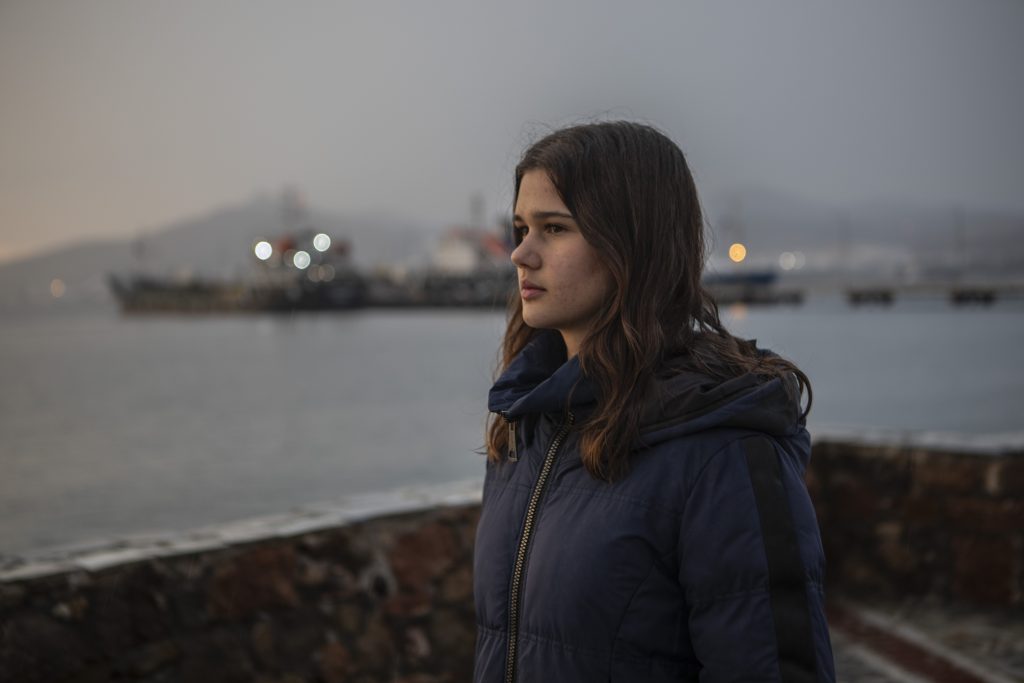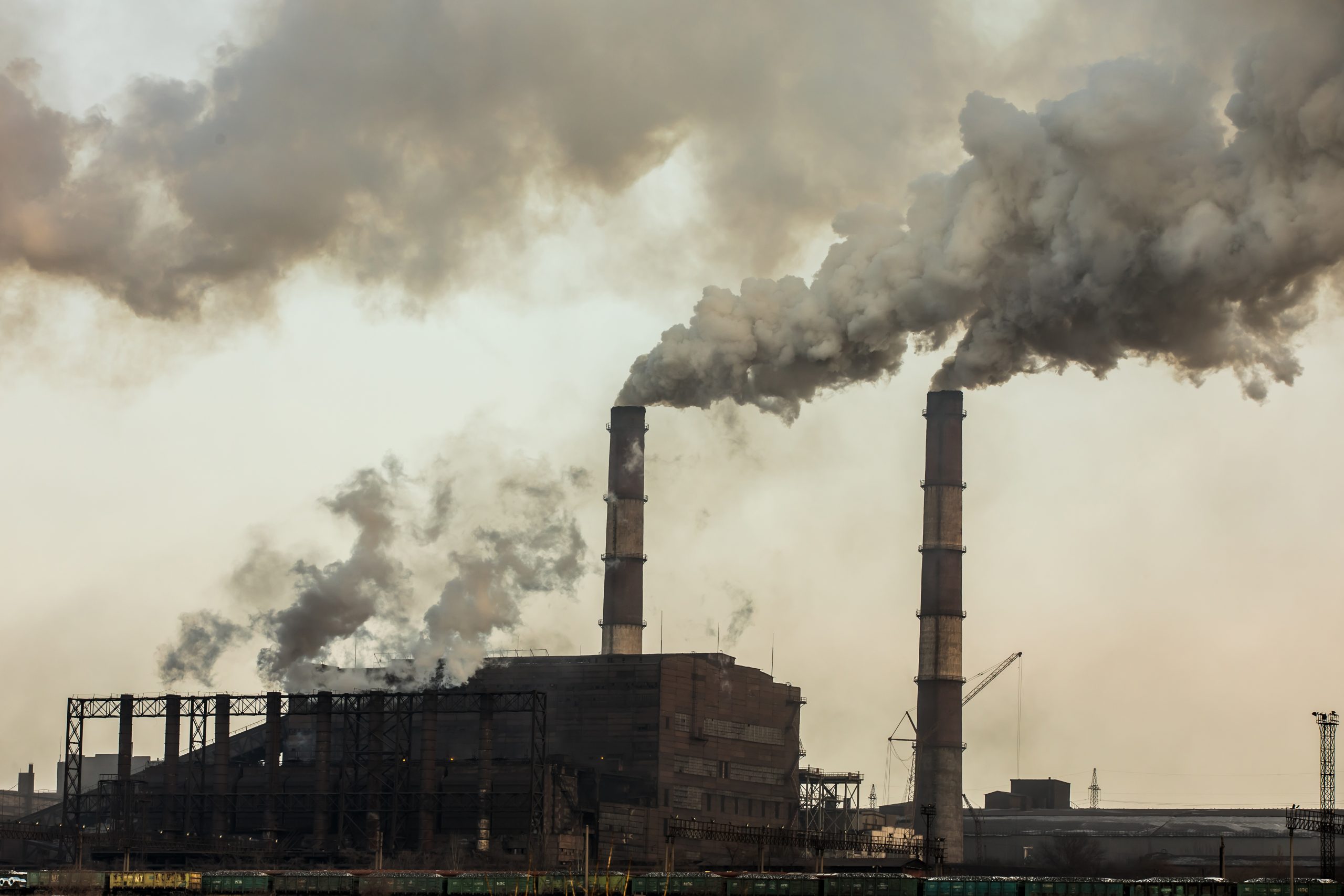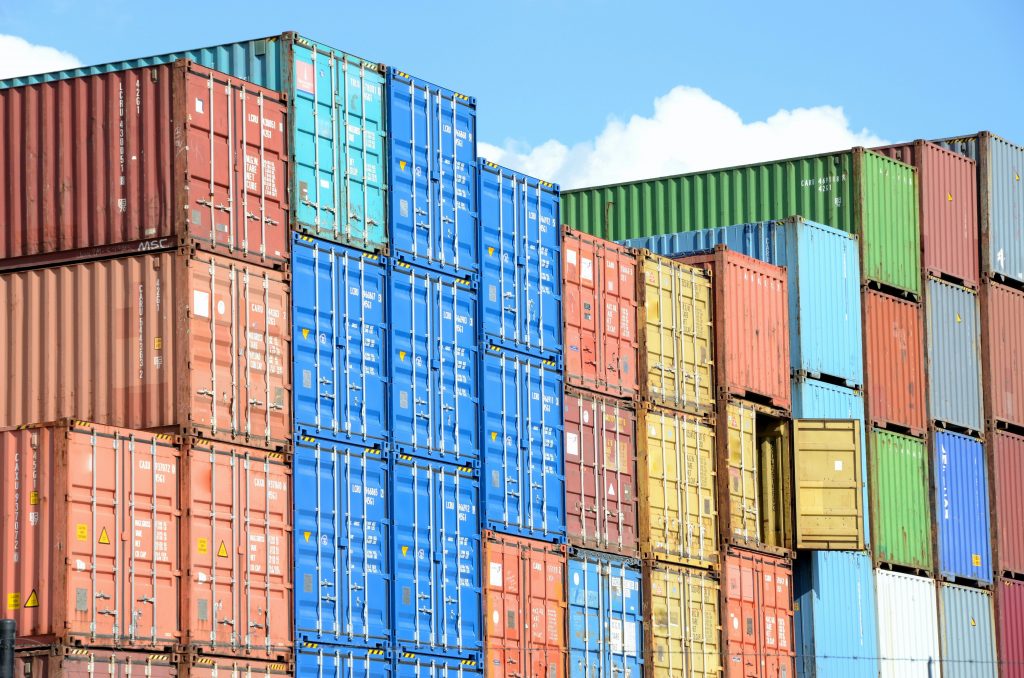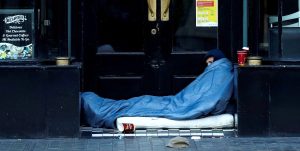November has been a pivotal month for global climate discussions, with both the 29th UN Climate Change Conference (COP 29) in Azerbaijan and the G20 Summit in Brazil focusing on climate commitments. Amid these high-level negotiations, To Vima International Edition spoke with Theodora and Marios, two young Greeks selected by UNICEF Greece to represent their country’s youth at COP 29, to hear their perspectives on the issue.
When did you first become aware of climate change, and what influenced your understanding of it?
Theodora: The first time I really understood what the climate crisis was about was in 2017 after a terrible flood in Mandra, close to where I live. Many of my classmates had to move and change schools because their houses were destroyed. We also had to leave our house last summer and evacuate the area, because of the huge fire on the mountain beside it. These events helped me realize how much of an impact climate change has, not only financially, but also emotionally.
Marios: From a very young age I knew something wasn’t right. I felt that summers were becoming hotter every year, but I couldn’t understand why. It wasn’t until the pandemic that I became more familiar with climate change and climate action. I realized that there was an even bigger and more silent crisis developing, one far more threatening to the human race than Covid-19.
Do you feel your generation is more affected by climate change than others?
Theodora: Definitely. I am not even sure our parents knew the term at our age. While we were exposed from a very young age to the unbearable summer heat and to news from all around the globe about disasters that human nature was not prepared for. We may also be the first generation to experience the long-term consequences of human activity before we were born.
Marios: Today’s youth is certainly more affected, as it is facing consequences that are beyond its control It’s mostly old men making the decisions on the issue–people who will most probably be gone by 2050, which is a crucial year climate-wise, filled with commitments. So it feels like those with the power to make crucial decisions are doing so without really caring all that much about what the future will be like.
Do you feel young people have enough of a voice in shaping climate policies?
Theodora: I think there is a common understanding that the political leaders want to give us our own table. The thing is, we don’t want to sit at a “children’s table”! We want to be part of the decision-making team and have our voices heard—it’s the only way we can actually achieve something. Although allowing us to speak is important, of course, to actually have what we suggest taken into consideration and acted on is another thing entirely.
Marios: I believe there are times when young activists’ voices are heard but not considered during policymaking, and there are others when those in power do not even give youth the right to speak. The thing is, we don’t need someone to give us a voice, we need someone to hear it. We want to be able to formulate our proposals for a sustainable tomorrow, and we want decision-makers to take us seriously. But that is something governments have not done.
How do you feel about the way climate change is addressed in schools or by the media?
Theodora: At least in our country, climate change isn’t talked about enough. We may dedicate an hour to watch a movie or make a poster once or twice a year, but schools are definitely not giving assigning climate change the importance it needs to have. It should go hand in hand with the rest of our schoolwork. We learn about recycling in first grade, but that’s about it. Our environmental education is not equivalent to the danger we are exposed to.
Marios: I believe that climate education is insufficient and I’m not confident we can create an environmentally-conscious and climate-friendly youth without integrating it as a basic subject in schools. As far as media is concerned, people learn about natural disasters on the news and they might even hear that they’re due to climate change, but there is no proper explanation for to why climate change causes such events or how our lives are affected by it. People need to understand why action is vital. They need to understand that the cost of transition is far less than the cost of continuing with business as usual.
Who do you think is most responsible for tackling climate change: individuals, governments, or corporations?
Theodora: We, the public, are often made to feel that we are responsible for what is happening and that we are the ones who need to take action and support sustainable practices, that we need to do this and do that. But we aren’t seeing that improvement, and the same call for commitment, from the government.
Marios: The government must legislate and corporations must follow and set an example. As far as individuals are concerned, they need to educate themselves and speak up, to demand commitments from leaders and decision-makers, both through their votes and through activism. And I don’t just mean grabbing a banner and going out on the street, but by participating in efforts.
Do you think your personal choices, like how you travel or what you buy, make a significant difference?
Theodora: I think they definitely have an impact. Our everyday choices are how we show we care about the climate and our future. One person recycling or buying from a smaller shop in the city may not reverse the melting of the polar ice caps, but it does show those in power that we want to see change and that we are capable, even through the ‘little’ things we do, of having an impact and improving the state of the planet.
Marios: Taking action for yourself and changing your habits can make a difference, because if each of us adopts a more sustainable lifestyle, we can change how the market and politicians approach us and consequently change everyone’s habits for the better.

Theodora, 16, believes her generation may be the first to fully experience the long-term consequences of human activity that took place before they were born. ©UNICEC/Pantelia
How does thinking about climate change make you feel?
Theodora: A mix of emotions, I think. I feel scared about what will happen in the future and I feel mad about the irresponsibility of our leaders, but I still feel hopeful for our generation. Polls have shown that young people feel worried about climate change, an issue that is very important to highlight. We need to examine what sort of an impact climate crisis is having on the mental health of young people today.
Marios: It makes me feel anxious about the future, about whether we still have time to meet our targets. I recently found out that this is called ‘eco-anxiety’. But I believe that this stress is also our fuel. So it gives me hope that we can build back better, and that we can take the steps necessary for a green transition.
What message would you give to someone who doesn’t believe in, or prioritize, climate change?
Theodora: I often joke about this and say that if someone doesn’t believe in climate change they should come to Greece in the summer during the heatwave and wildfire season. I don’t think there is any more time or room for conspiracy theories: our time is up, and we can’t waste any more of it before we really commit to saving out planet.
Marios: Let’s look at it this way. There are still people who think the Earth is flat. If we really counted on skeptics to agree with us, we would never have done anything in this world. So we cannot wait for everyone to get on board before doing something.



